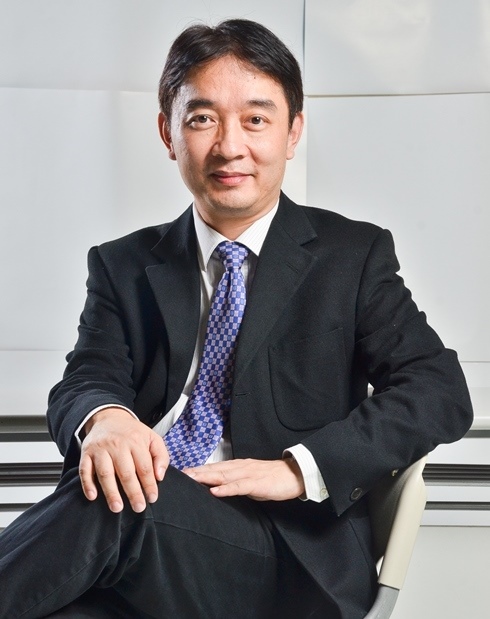Speech Title: TBA
Chair Prof. LEE Kwok On Matthew
h-index 80
Hong Kong Metropolitan University
Professor Matthew K. O. Lee is Chair Professor of Digital Business and AI at Lee Shui Kee School of Business and Administration, Hong Kong Metropolitan University (HKMU). Prior to joining HKMU, Professor Lee was Chair Professor of Information Systems & E-Commerce at the City University of Hong Kong for 2 decades. His research interest spans across IT-based innovation adoption and impact, knowledge management, electronic commerce, online social networks, online addiction, digital competence, and the cognitive and behavioral impact of AI.
Professor Lee has published over 150 refereed articles in leading international journals, conference proceedings, and research textbooks. His research has generated substantial impact as witnessed by his strong citation record. According to the "H-Index for Management Information Systems (MIS)" published by the University of Arizona in May 2022, Professor Lee ranks in the top 3 in Asia as an MIS professor. He is a top 2% most highly cited scientist globally according to a report by Stanford University (every year since its inception) with a substantial citation count of over 37,000 and an h-Index of 80. Professor Lee is a recipient of the Research.com Business and Management in China Leader Award (3 years in a row from 2022 to 2024), being ranked as one of the top 10 best scientists in the field of business and management in China. He is a current editorial board member of Informatics (a CiteScore Q1 journal indexed within Scopus and ESCI)

